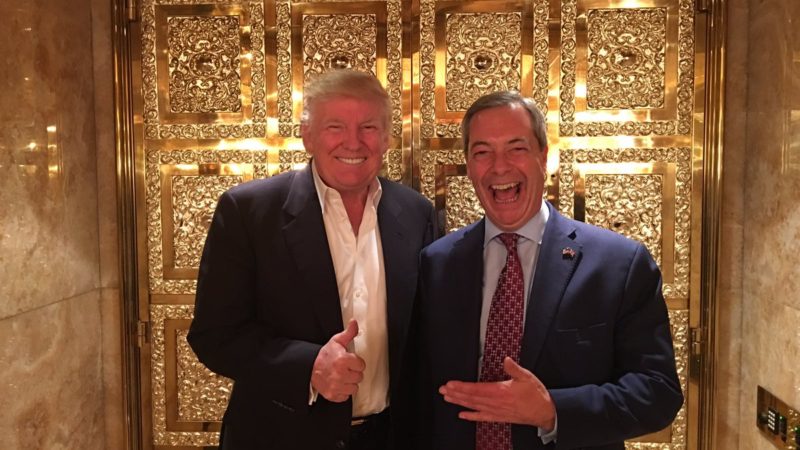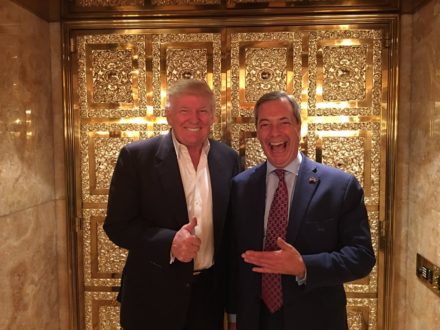

Since 2011, HOPE not hate has traced changing attitudes towards race, faith, immigration and belonging in England in its seminal Fear and HOPE surveys, a poll of over 4,000 people by Populus.
The most detailed survey of its kind, we have seen Fear and HOPE fluctuate over a turbulent period. During six years of economic recovery, the EU referendum and Brexit negotiations, attacks committed by both Islamic and right-wing extremists, plus two general elections, we have seen the rise and fall of UKIP and simultaneously, the decline and resurgence of a very different Labour party.
The collapse of UKIP has left behind a key political target large enough to determine an election, particularly in Labour’s traditional heartlands. Typically swing voters driven by economic insecurity, Farage’s party had tapped into a sense (particularly in the North) that Labour was no longer representative of working class communities but part of the Establishment, metropolitan and London-centric.
With UKIP falling apart in this year’s snap election, many saw Labour’s success as a sign that the party had recaptured those who strayed towards UKIP in 2015. However, our Fear and HOPE survey has found that just 7 per cent of this group turned to Labour in 2017. Overall, 15 per cent of people who voted UKIP in 2015 stayed with the party in 2017, half (49 per cent) unenthusiastically defected to the Conservatives who they saw as the ‘Brexit party’, and 24 per cent did not vote at all.
Our report segments society into six identity ‘tribes’: two very positive about immigration and multiculturalism and two strongly opposed, whose views have become increasingly polarised. Of the two ‘middle ground’ tribes, one is economically secure but culturally concerned about changes in society; and the other – a key target for Labour, and where much of UKIP’s 2015 swing derives – is driven by economic insecurity.
In 2011, 30 per cent of Labour’s support came from the two more liberal ‘tribes’. In 2017, this had risen to 52 per cent. So, ironically, Corbyn’s socialist campaign failed to chime with disenfranchised working class voters, instead increasing Labour’s share of liberal, educated voters. Their views have hardened since the referendum, as people disassociate themselves from “Brexit Britain”.
Looking at the values of Corbyn supporters against the 2015 UKIP voter, the differences are stark.
While many 2015 UKIP voters would have economically and socially benefited from a Corbyn-led government, on political and cultural issues the two sets of supporters were miles apart. Where Corbyn supporters were open and tolerant, 2015 UKIP voters were hostile towards immigration, sceptical of multiculturalism and fearful of Muslims. The Corbyn supporter focuses most on the poor state of the public of the public services and increasing government intervention, while the 2015 UKIP voter resents money going to groups they believe are undeserving and wants a stronger state and harsher penalties for criminals.
Further, Brexit has polarised the nation and our poll finds little room for common ground. Any compromise on a deal is likely to increase resentment and feelings of political betrayal. Impending economic downturn as we leave the EU is likely to trigger fear and hostility towards others among the economically insecure and could widen this gap.
It would seem an impossible circle for Labour to square: to hold on to its growing liberal, educated and tolerant base while appealing to its traditional, more socially conservative, working class supporters. But this is a key challenge to be addressed if Labour are to win a parliamentary majority again, now that Labour has a chance of winning the next election.
Rosie Carter is Research Officer at HOPE not hate.




More from LabourList
Turning the page? Labour’s recovery in the polls show a path to 2029 victory
Restoration announce recommendations for NEC candidates
‘Factionalism at the top is weakening Labour – and handing a gift to Reform’